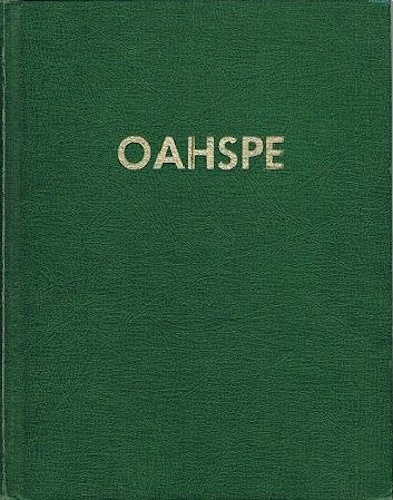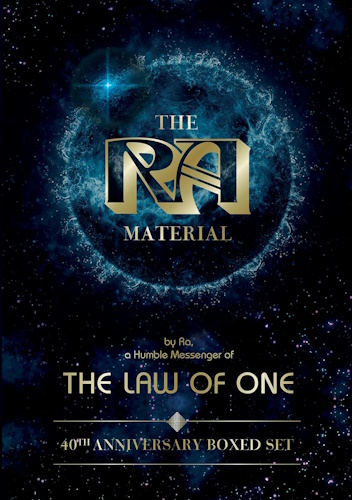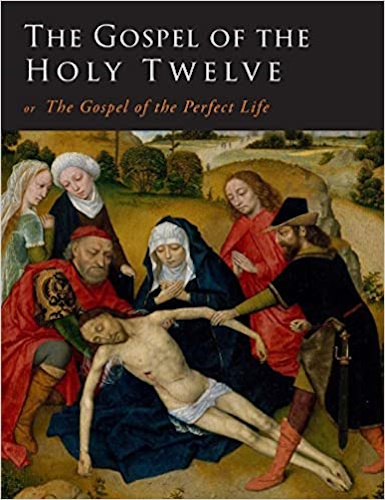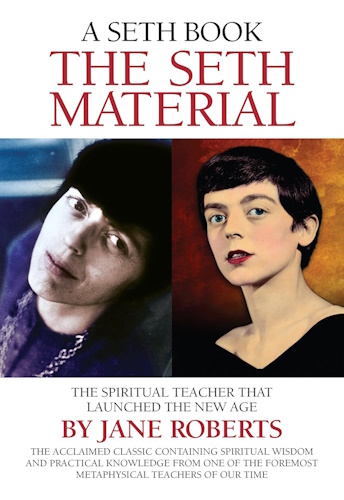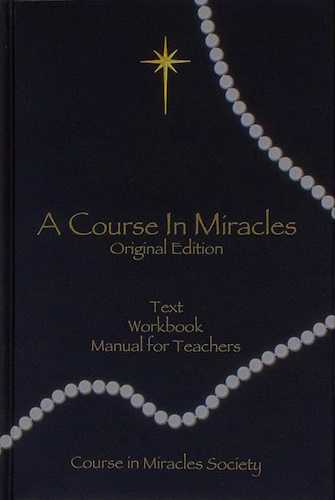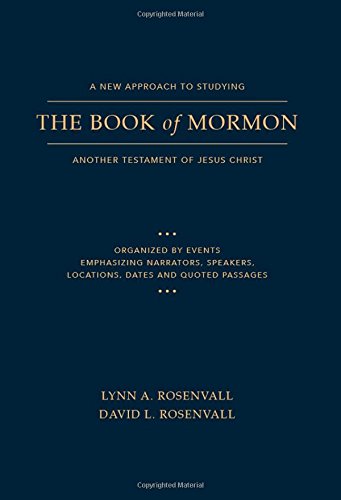
![]()
![]()
Book of God's Word
Chapter VII
1. WHEN night came, the king sat privately with Zarathustra; and I'hua'Mazda cast a light on the wall, and the soul of So-qi came and appeared before Asha. So-qi said: Knowest thou who I am? And Asha said: Yea, So-qi.
2. So-qi said: True, O king, the soul is immortal! And then it disappeared. Asha said: It seemeth to be So-qi. And yet if it were he, would he not have called me, Asha, instead of, O king? Then spake Zarathustra, saying: Call thou for some other spirit? Asha said: Suffer, then, the soul of my wife to appear.
3. Again the light appeared, and the soul of Asha's wife inhabited it, and he saw her. Asha said: It is, indeed. And then she disappeared. Asha said: Had it been she, she had spoken. Zarathustra said: Call thou for another spirit. Asha called Choe'jon, the songster, who looked like no other
p. 187b
man under the sun. And Choe'jon also appeared; and even sang one of the songs about the slaughter of the infants.
4. Asha said: It was like Choe'jon; but had it been he, he had surely mentioned the miracle. Then Zarathustra said: Call yet for another spirit. And Asha called, and another appeared; and thus it continued until twenty souls of the dead had shown themselves, and talked with him, face to face, and every one had related things pertinent to themselves.
5. Then spake Zarathustra, saying: To-morrow night shalt thou again sit with me. Now, on the next night, twenty other spirits of the dead appeared and spake face to face with the king. But yet he believed not. Then spake I'hua'Mazda through Zarathustra, saying: What will satisfy thee, O man? For I declare unto thee, that spirit is not provable by corpor, nor corpor by spirit. There are two things; one groweth by aggregating, and the other groweth by dissemination, of which All Light is the highest. As by darkness light is known, and by light darkness known, similarly diverse are corpor and spirit known.
6. I'hua'Mazda said: Thy generations, O king, have been long bred in unbelief in spirit, and unbelief is so entailed upon thee that evidence is worthless before thee. Who thinkest thou I am?
7. Asha said: Zarathustra. Then Zarathustra asked him, saying: Who thinkest thou I am?
8. Again Asha said: Zarathustra. To which I'hua'Mazda said: Because thou seest with thine eyes this corporeal body, and heareth with thine ears this corporeal voice, so dost thy corporeal judgment find an answer.
9. But I declare to thee, O king, there is a spiritual judgment as well as a corporeal judgment. There is a spiritual man within all men, and it never dieth. The spiritual man, which is within, is the only one that can discern spiritual things. It is the only one that can recognize the spirits of the dead.
10. Then Asha said: How shall I prove there be not some element belonging to thee personally, that is as a mirror, to reproduce a semblance of whatsoever is within thy thoughts?
11. I'hua'Mazda said: What would
p. 188b
that profit thee if proven? And what profit if not proven? Hear me, then, for this is wisdom: There are millions of souls in heaven that are in the same doubt thou art now in, not knowing that they themselves are dead. Especially those slain in war and in unbelief of spirit life.
12. The king said: Who, then, sayest thou, thou art? I'hua'Mazda said: First, there is Ormazd, Creator, Who is over all and within all, Whose Person is the Whole All. Then there are the unseen worlds in the sky; then this world, and the stars, and sun, and moon. After them, mortals, and the spirits of the dead.
13. Hear me, O king; because the dead know not the All High heavens, the Ormazd, Whose name signifieth Master of All Light, sendeth His exalted angels down to the earth as masters and teachers, having captains and high captains, that their labor be done orderly. The highest captain is therefore called I'hua'Mazda, that is, master voice over mortals and spirits for their exaltation.
14. Know, then, O king, I, who speak, have thee and thy city and thy country within my keeping. I am come to stay man's bloody hand. And through Zarathustra will I reveal the laws of Ormazd; and they shall stand above all other laws. Because thou art the most skilled of men, I made thee king; because thou hast seen that man must have an All Highest Law, I have come to thee. Yea, from thy youth up, and during thy long life, I have spoken to thy soul, saying: Asha, find thou the All Highest: Asha, thou shalt have a strange labor before thou diest! Asha, thou, that hast attained to the measurement of the stars, shalt find a Power behind the stars!
15. The king said: Enough! Enough! O stranger! Thou turnedst my head with wonders. I scarce know if I am living or dead, because of the mastery of thy wisdom. Alas, my kindred are dead; my friends are fools! I have none to tell these wonders to. All thy days shalt thou live in my palace, and whosoever thou demandest for wife, shall be granted unto thee.
16. I'hua'Mazda said: Till I come again to thee, O king, keep thine own counsel. For the present, I must return to the forest. Give me, therefore, of thy choicest ink and brushes
p. 189b
and writing cloth, and send thou two servants with me. Asha said: Suffer thou me to be one of thy servants, and I will abdicate my throne!
17. I'hua'Mazda said: I shall need thee where thou art. Thus ended the interview with the king. The next day Zarathustra returned to the forest, to write the Zarathustrian laws.
-
Urantia Book, 44:0.11 - The Celestial Artisans
Never in your long ascendancy will you lose the power to recognize your associates of former existences. Always, as you ascend inward in the scale of life, will you retain the ability to recognize and fraternize with the fellow beings of your previous and lower levels of experience. Each new translation or resurrection will add one more group of spirit beings to your vision range without in the least depriving you of the ability to recognize your friends and fellows of former estates.
-
Princess Bride 1987 Wallace Shawn (Vizzini) and Mandy Patinkin (Inigo Montoya)
Vizzini: HE DIDN'T FALL? INCONCEIVABLE.
Inigo Montoya: You keep using that word. I do not think it means what you think it means. -
Urantia Book, 117:4.14 - The Finite God
And here is mystery: The more closely man approaches God through love, the greater the reality -- actuality -- of that man. The more man withdraws from God, the more nearly he approaches nonreality -- cessation of existence. When man consecrates his will to the doing of the Father's will, when man gives God all that he has, then does God make that man more than he is.
-
Urantia Book, 167:7.4 - The Talk About Angels
"And do you not remember that I said to you once before that, if you had your spiritual eyes anointed, you would then see the heavens opened and behold the angels of God ascending and descending? It is by the ministry of the angels that one world may be kept in touch with other worlds, for have I not repeatedly told you that I have other sheep not of this fold?"
-
Urantia Book, Foreword - 0:12.12 - The Trinities
But we know that there dwells within the human mind a fragment of God, and that there sojourns with the human soul the Spirit of Truth; and we further know that these spirit forces conspire to enable material man to grasp the reality of spiritual values and to comprehend the philosophy of universe meanings. But even more certainly we know that these spirits of the Divine Presence are able to assist man in the spiritual appropriation of all truth contributory to the enhancement of the ever-progressing reality of personal religious experience—God-consciousness.
-
Urantia Book, 1:4.3 - The Mystery Of God
When you are through down here, when your course has been run in temporary form on earth, when your trial trip in the flesh is finished, when the dust that composes the mortal tabernacle "returns to the earth whence it came"; then, it is revealed, the indwelling "Spirit shall return to God who gave it." There sojourns within each moral being of this planet a fragment of God, a part and parcel of divinity. It is not yet yours by right of possession, but it is designedly intended to be one with you if you survive the mortal existence.
-
Urantia Book, 1:4.1 - The Mystery Of God
And the greatest of all the unfathomable mysteries of God is the phenomenon of the divine indwelling of mortal minds. The manner in which the Universal Father sojourns with the creatures of time is the most profound of all universe mysteries; the divine presence in the mind of man is the mystery of mysteries.
-
Urantia Book, 1:4.6 - The Mystery Of God
To every spirit being and to every mortal creature in every sphere and on every world of the universe of universes, the Universal Father reveals all of his gracious and divine self that can be discerned or comprehended by such spirit beings and by such mortal creatures. God is no respecter of persons, either spiritual or material. The divine presence which any child of the universe enjoys at any given moment is limited only by the capacity of such a creature to receive and to discern the spirit actualities of the supermaterial world.
-
Urantia Book, 11:0.1 - The Eternal Isle Of Paradise
Paradise is the eternal center of the universe of universes and the abiding place of the Universal Father, the Eternal Son, the Infinite Spirit, and their divine co-ordinates and associates. This central Isle is the most gigantic organized body of cosmic reality in all the master universe. Paradise is a material sphere as well as a spiritual abode. All of the intelligent creation of the Universal Father is domiciled on material abodes; hence must the absolute controlling center also be material, literal. And again it should be reiterated that spirit things and spiritual beings are real.
-
Urantia Book, 50:6.4 - Planetary Culture
Culture presupposes quality of mind; culture cannot be enhanced unless mind is elevated. Superior intellect will seek a noble culture and find some way to attain such a goal. Inferior minds will spurn the highest culture even when presented to them ready-made.
-
Urantia Book, 54:1.6 - True And False Liberty
True liberty is the associate of genuine self-respect; false liberty is the consort of self-admiration. True liberty is the fruit of self-control; false liberty, the assumption of self-assertion. Self-control leads to altruistic service; self-admiration tends towards the exploitation of others for the selfish aggrandizement of such a mistaken individual as is willing to sacrifice righteous attainment for the sake of possessing unjust power over his fellow beings.
-
Urantia Book, 54:1.9 - True And False Liberty
How dare the self-willed creature encroach upon the rights of his fellows in the name of personal liberty when the Supreme Rulers of the universe stand back in merciful respect for these prerogatives of will and potentials of personality! No being, in the exercise of his supposed personal liberty, has a right to deprive any other being of those privileges of existence conferred by the Creators and duly respected by all their loyal associates, subordinates, and subjects.
-
Urantia Book, 54:1.8 - True And False Liberty
There is no error greater than that species of self-deception which leads intelligent beings to crave the exercise of power over other beings for the purpose of depriving these persons of their natural liberties. The golden rule of human fairness cries out against all such fraud, unfairness, selfishness, and unrighteousness.
